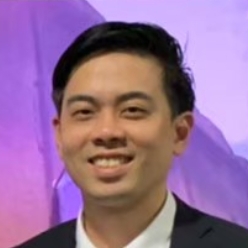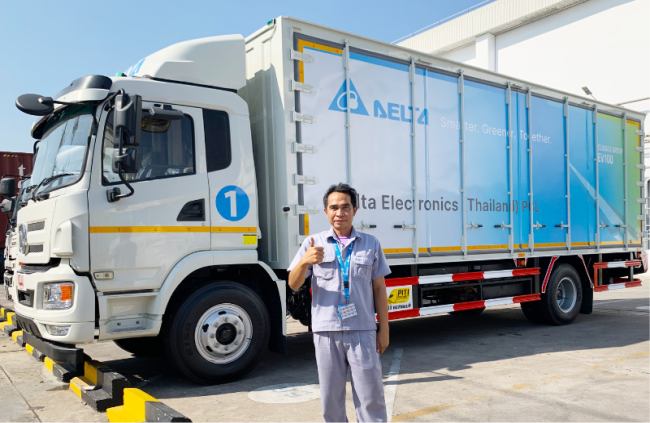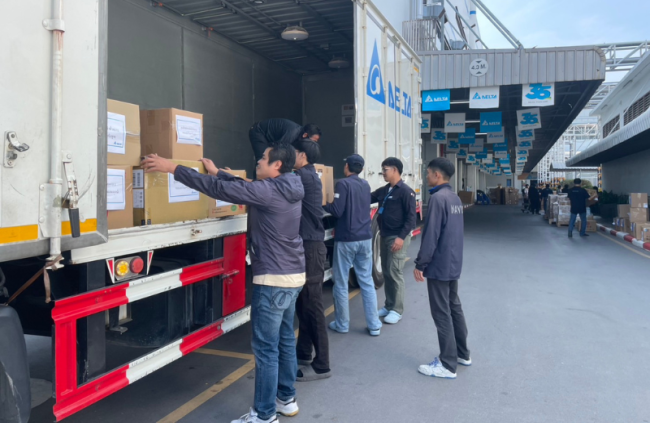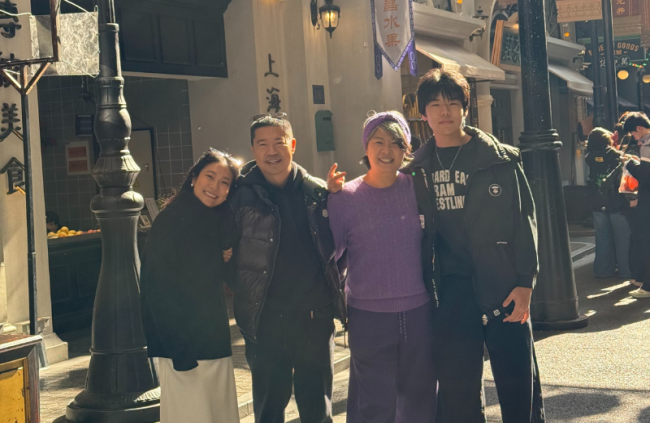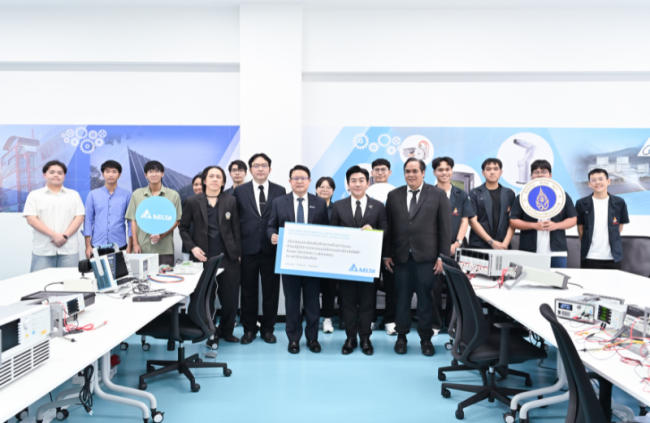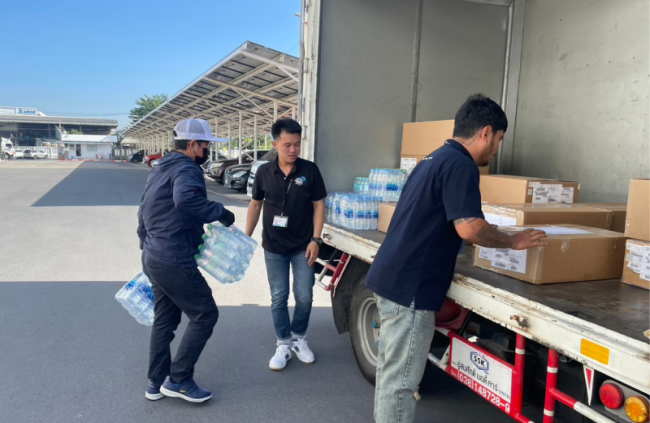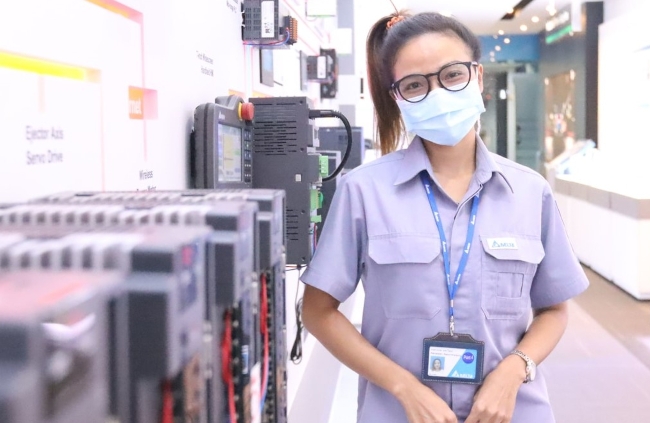Dare to Change: Delta Vietnam Country Manager Discusses Delta’s Successful Growth as a Local Brand
By David Nakayama - Published September 15, 2021
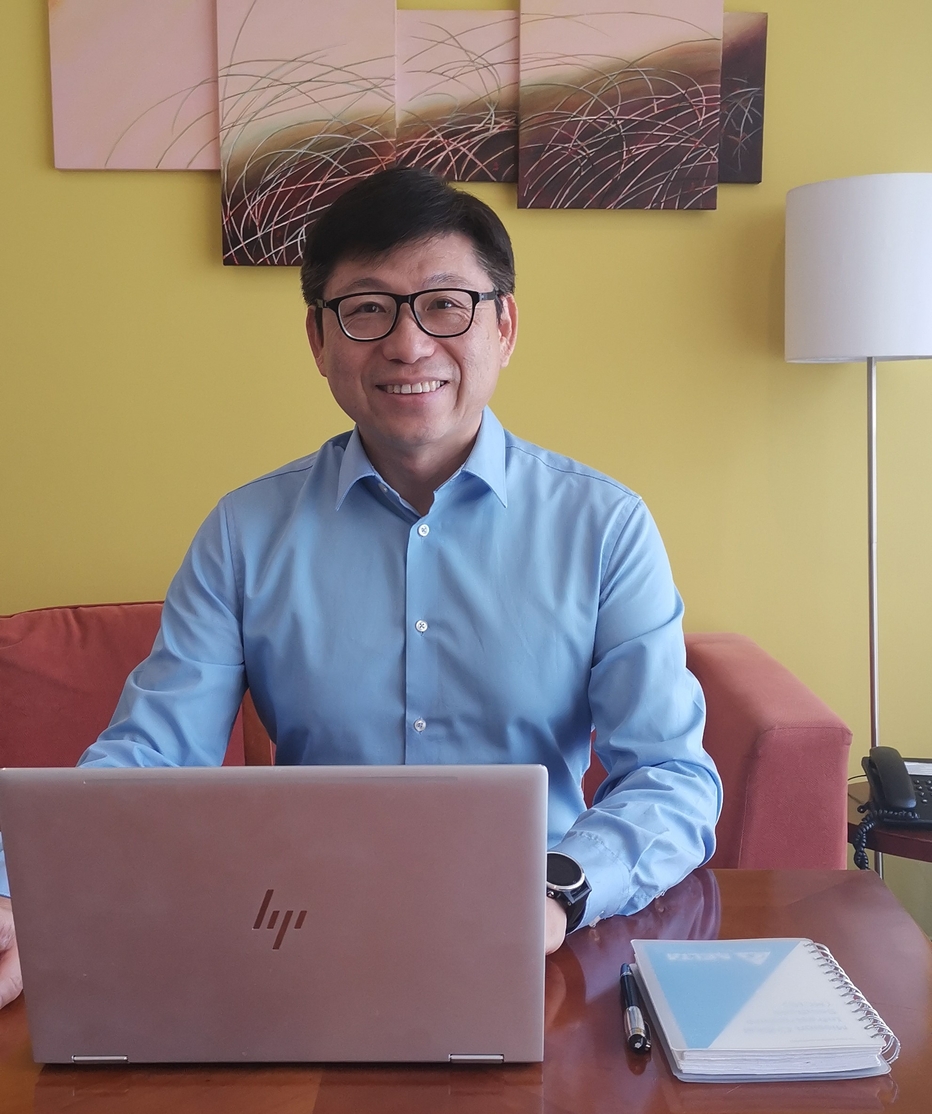 Interview with Mr. Tony Meng, Delta Vietnam and Myanmar Country Manager
Interview with Mr. Tony Meng, Delta Vietnam and Myanmar Country Manager
Text by David Nakayama, DET Corp Comms
Photographs by Mr. Tony Meng
Bangkok, Thailand, August 31, 2021- Vietnam’s rapid rise as a major player in Southeast Asia and in global manufacturing is nothing short of remarkable. Delta Vietnam, established in 2020, is an energetic team bringing our smart and green CIS and IA products and solutions to this exciting and booming market.
Despite COVID-19 lockdowns, Mr. Tony Meng, Delta Vietnam and Myanmar Country Manager, gave an email interview from his home office in Hanoi. Here he shares his extensive experiences and Delta’s growing presence in Vietnam along with advice on leadership and team growth gained from a life of constant challenge.
Please tell us about your background and how you came to your current role?
I completed an Electronics Engineering master's degree in Taiwan, majoring in software engineering and telecom transmission software design. In 1992, I was selected by the government Industrial Technology Research Institute/Computer & Communication Research Laboratories (ITRI/CCL) as a telecom transmission equipment software engineer.
In the next six years, I became section manager leading hardware and software teams to design broadband access central office equipment for transfer to the Taiwan telecom industry and got training in multifunction roles including R&D project leader, product manager and sales manager. I then worked for telecom equipment manufacturers in roles including R&D Director, Product Line Management Director, Sales Director and ODM BU VP supporting top-tier customers.
In 2006, I joined Delta’s Telecom Power Solutions BU at the Chung Li Plant 1 in Taiwan. I was responsible for our global business management and APAC region operations with R&D, PM, FAE, and Sales functions. I set up Vietnam, Myanmar, Indonesia, Philippines and Malaysia offices for sales, FAE, after service and repair centers and TPS SEA revenue grew from USD 2M to USD 50M. This triggered my interest to move to DET and further develop the TPS and datacenter solution business.
In 2017, we developed the first Delta SEA turnkey solution project in Myanmar for Campana Submarine Cable Landing Station datacenter. In 2019, we developed Delta’s first full turnkey datacenter solution project for HTC-ITC in Vietnam that included civil works, generators, fire suppression system, cooling unit, power distribution and UPS system. We also got Vietnam’s first Uptime Tier III Tier Certificate Design Document (TCDD) and Tier Certificate Construction Facility (TCCF) certifications.
What are the key differences between Myanmar, Thailand and Vietnam, and how do you manage operations in these unique and diverse markets?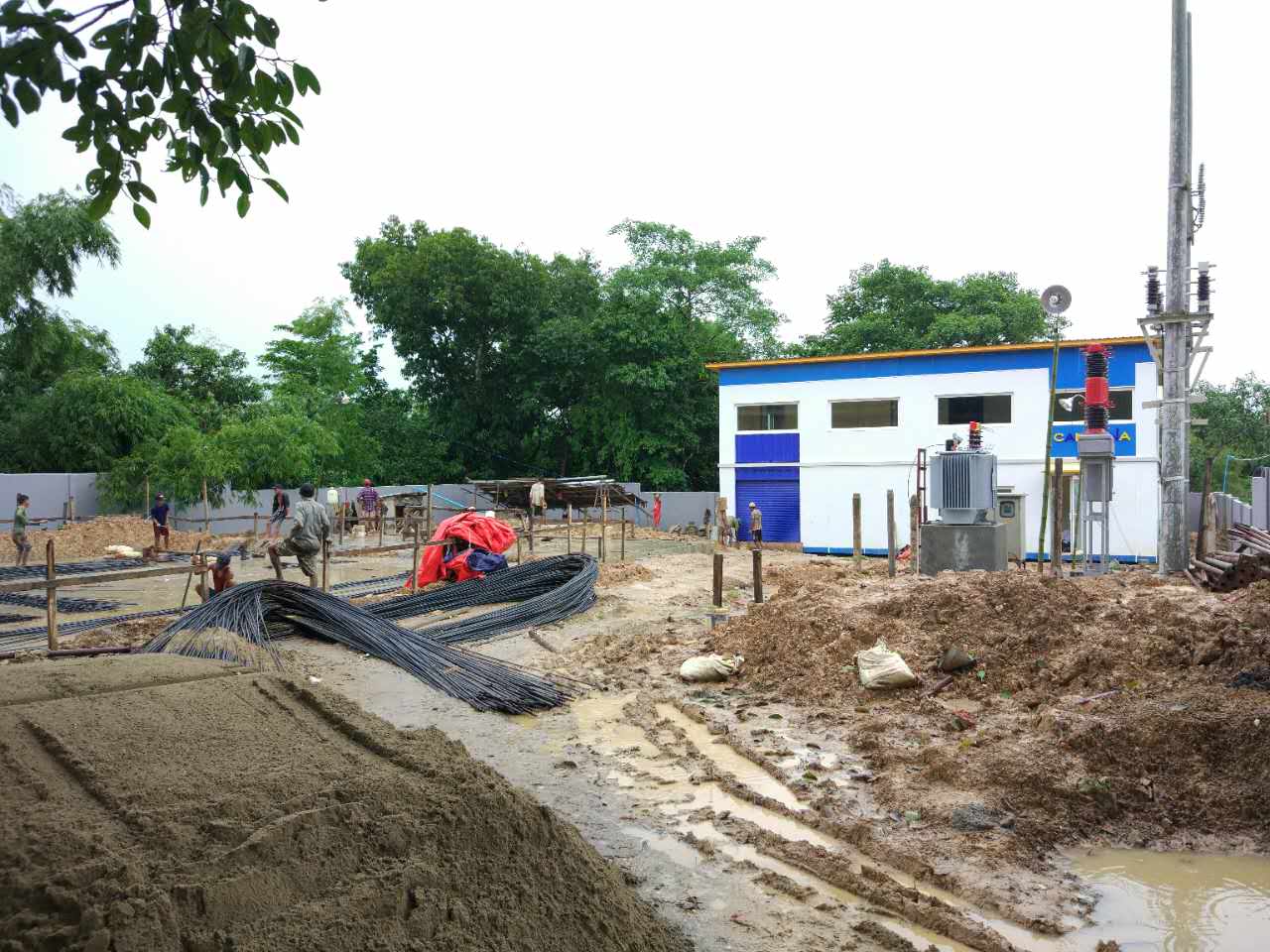 Our Myanmar team is good at teamwork and are positive in difficult environments. Sometimes our team works onsite for troubleshooting until midnight or even goes to flooded areas. Resources are quite limited so my job is to support them to achieve their targets and encourage them to develop new customers and different market segments.
Our Myanmar team is good at teamwork and are positive in difficult environments. Sometimes our team works onsite for troubleshooting until midnight or even goes to flooded areas. Resources are quite limited so my job is to support them to achieve their targets and encourage them to develop new customers and different market segments.
In Thailand, the land of smiles, our friendly and reliable colleagues leverage a good system to provide quality work. By setting up our schedules and following up with the team step-by-step, we can complete our jobs perfectly.
Vietnam is a dynamic country full of young and energetic talents who embrace new technology. We feel the time is right now to set up a local company and gain a stake in the rapidly growing ICT, manufacturing and other vertical markets. My current management focus is to build our team on a solid working platform and share knowledge to grow together.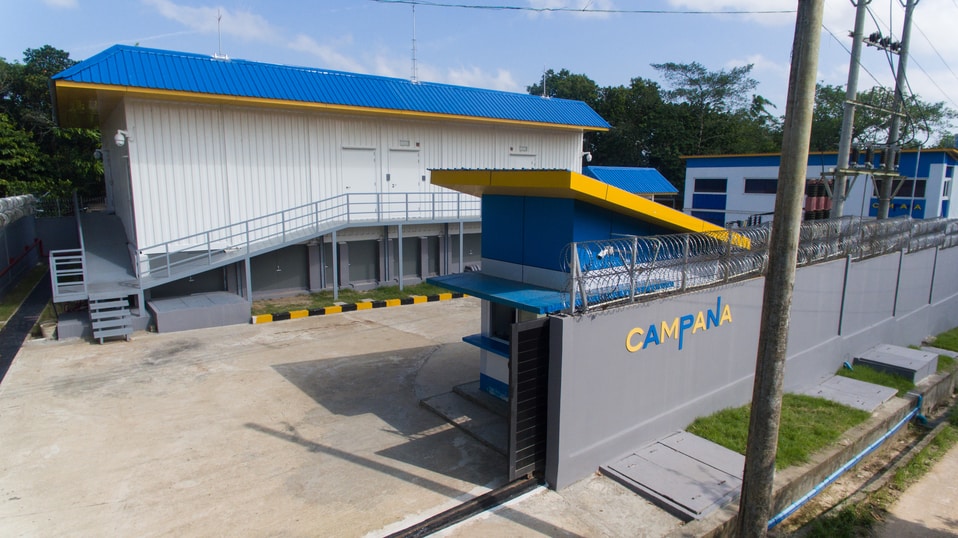 Congratulations on Delta Vietnam’s remarkable growth! Can you share with us some of the keys to your success, and how can you build on the momentum to accelerate growth?
Congratulations on Delta Vietnam’s remarkable growth! Can you share with us some of the keys to your success, and how can you build on the momentum to accelerate growth?
The Vietnam government is heavily investing in infrastructure and connectivity and is attracting lots of foreign investment in the manufacturing and processing industries. In 2020, we established Delta Vietnam in Hanoi. We now have five team members in Hanoi and five team members in our Ho Chi Minh City (HCMC) office.
When I first set up the HCMC office, we changed our team’s business focus from channel business to project/solution business and then I moved to Hanoi to kick start growth momentum in our infrastructure and manufacturing business.
The first key to success is to think from the customer’s viewpoint and gain trust. Multi-million dollar turnkey solution projects need professional sales, project manager, FAE, a strong BU design team, Uptime Institute certification and a well-organized project team to prove our capability and gain trust.
The second key is team building. We need to resolve each problem with our team members together and support team members to all work in the same direction.
How is COVID-19 impacting operations, and what are some of the ways you are overcoming challenges while managing risk?
The COVID-19 situation in Vietnam is getting more serious each day and the government does lockdowns in major cities and provinces. We follow the government policy to work from home, and all our business reviews are done by Microsoft Teams and our CRM system.
While we try to reduce the impact on our operations, some of our key tenders are still in progress and our team needs to go to our customer sites for sample testing. To do this they need to apply for special passes to go outside and do PCR testing in advance. So we hope we can win these projects to achieve our 2021 targets.
Vietnam is a key industrial player in Southeast Asia and in the global supply chain. Looking forward, what do think are some the best untapped opportunities for Delta to capitalize on?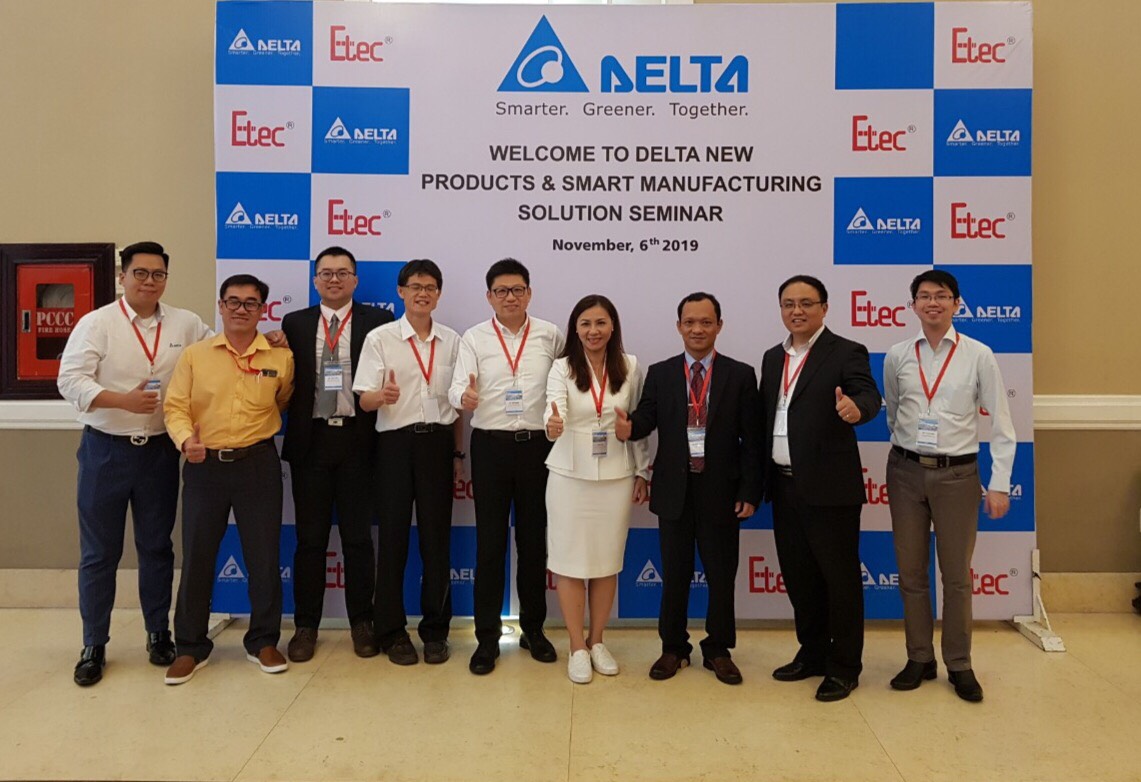 The China plus one strategy is quite successful in Vietnam because the US-China trade war is speeding up the migration of manufacturers from Taiwan, Japan, Korea, US and the EU who are setting up new production lines in the key Northern economic regions like Bac Ninh, Hai Phong, Hai Duong, Quan Ninh, Vinh Phuc, Hung Yen and Hanoi.
The China plus one strategy is quite successful in Vietnam because the US-China trade war is speeding up the migration of manufacturers from Taiwan, Japan, Korea, US and the EU who are setting up new production lines in the key Northern economic regions like Bac Ninh, Hai Phong, Hai Duong, Quan Ninh, Vinh Phuc, Hung Yen and Hanoi.
We’ve already had some good results with major Taiwanese Electronics Manufacturing Service (EMS) companies and are developing business with Japanese and Korean manufacturers, We aim to provide high performance and value-added solutions instead of just pursuing price competition.
Digital infrastructure and connectivity are top priorities in the government’s 10-year plan with a target of nationwide 5G communications coverage by 2030. So we are focusing on 5 G-related solutions and we already provided Vietnam’s first edge datacenter to a major telecom for trial and we are also preparing 5G BTS power backup solutions for 2022 tenders.
What are some key ways Delta can differentiate from competitors and become a trusted local brand in such a competitive region?
Since setting up Delta Vietnam, we’ve recruited talent for sales, project manager, FAE and after service who helped us implement turnkey projects from scratch to delivery. Delta Vietnam’s capability and reliability show in success cases that get local news media attention and now we are becoming a trusted local brand.
During the COVID-19 pandemic, a lot of manufacturers suffered from UPS shutdowns and lack of service due to travel limitations. These companies learned the importance of local service and now chose Delta Vietnam as their long-term partner.
How do you maintain a good work-life balance, and what do you enjoy doing outside work?
Keeping a healthy body and mind is very important for expats in Vietnam. I go jogging regularly around West Lake or Hoan Kiem Lake with friends from our key customers. I also like swimming and doing yoga on the weekend to clear my mind.
Can you share some tips for managers on leading diverse teams across a vast territory? What are some ways you unite everyone under our Delta core values and culture?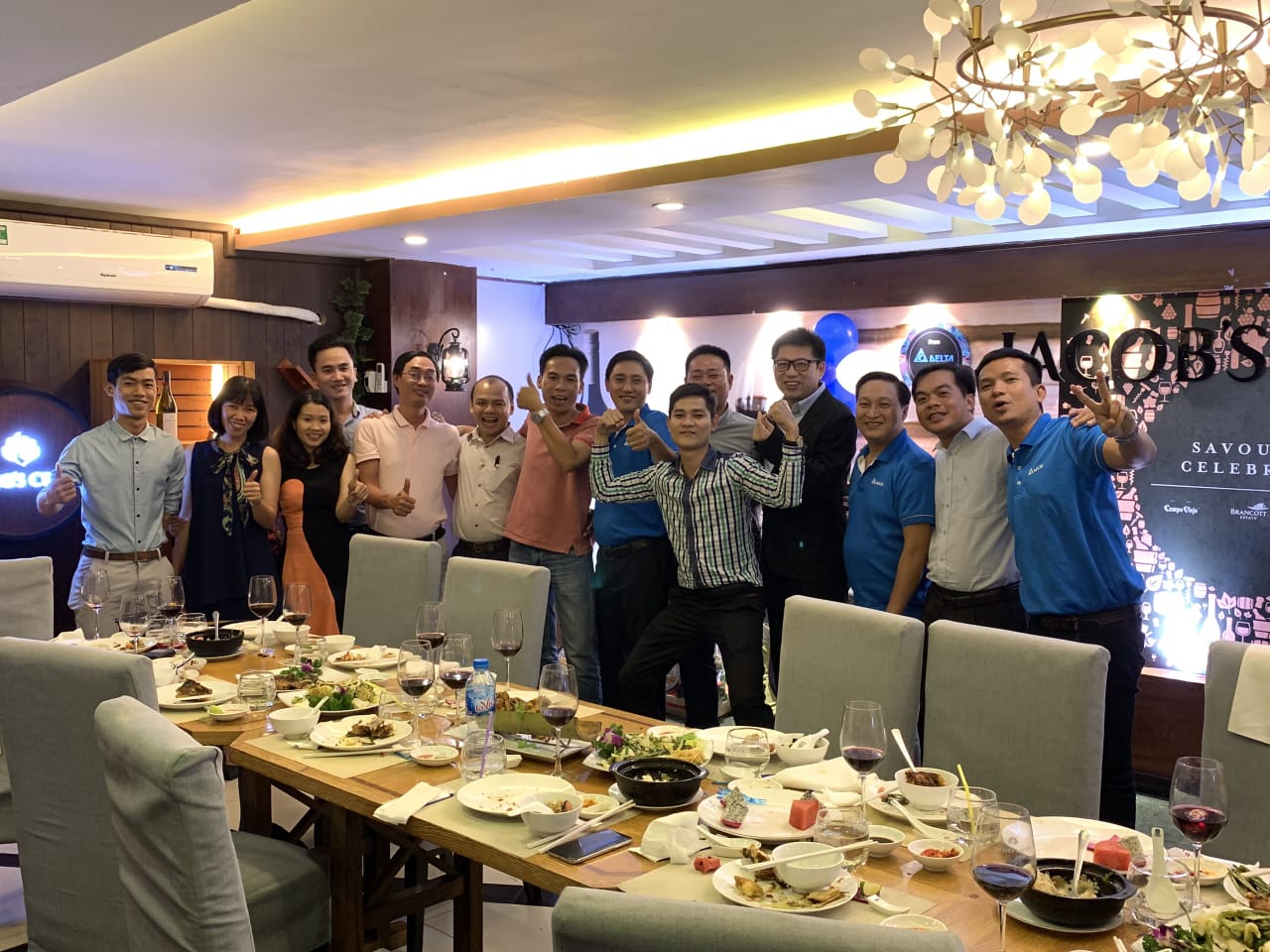 My first priority in team building is to build a platform for mutual trust, empathy, knowledge sharing, team working and let each member channel ownership with self-discipline to commit to targets and achieve our goals.
My first priority in team building is to build a platform for mutual trust, empathy, knowledge sharing, team working and let each member channel ownership with self-discipline to commit to targets and achieve our goals.
We continuously innovate and dare to change our business model, process, cost improvement and acceptance testing. I encourage our team to try all alternatives to meet our customer’s requirements because customer-oriented service is the key to solving pain points and customer satisfaction.
Why is it important for leaders to empower people, and how are you supporting your next-gen Delta leaders and local talents on the field?
Training our successors and sharing experiences will make sure our organization grows. Local talents are important assets and we have to trust our people. If they mature we should authorize them to make more decisions in their job scope and learn from doing as competitive next-gen leaders.
Finally, is there anything you would like to share with your Delta colleagues around the world?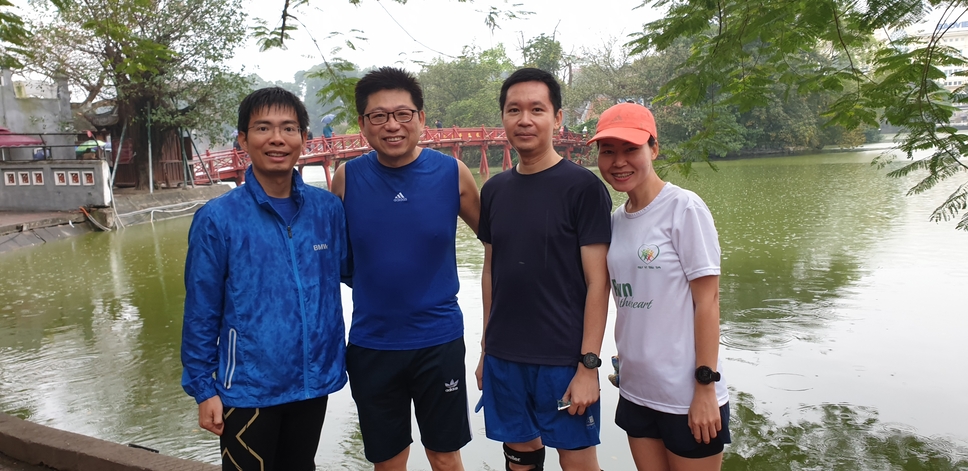 I’ll say: Dare to change and accept new challenges. Digital transformation will change our world fast and old processes and business models may not be useful anymore so we must embrace new technology and build up our teams to be innovative, energetic and thrive with an open-minded culture.
I’ll say: Dare to change and accept new challenges. Digital transformation will change our world fast and old processes and business models may not be useful anymore so we must embrace new technology and build up our teams to be innovative, energetic and thrive with an open-minded culture.
